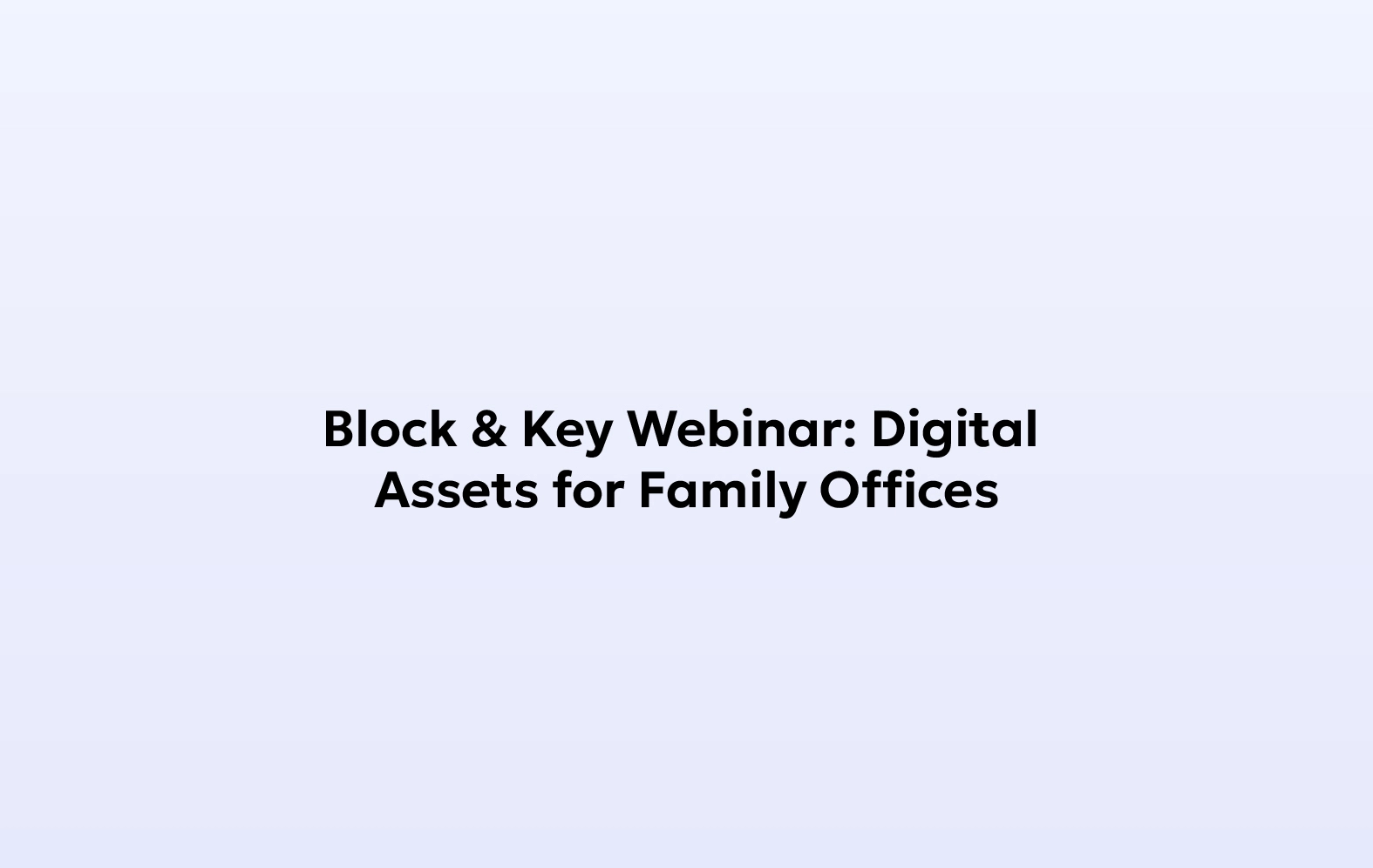The rise in popularity of cryptocurrencies led to the rapid adoption of crypto-wallets. Crypto wallets let you store the keys. The keys allow users to access their digital assets and crypto tokens. The wallets provide convenience and ease of use. Usually, there are two major types of crypto-wallets, such as custodial vs non-custodial wallets.
Custodial wallets essentially transfer the control of the private keys from the true owner to another third party. Non custodial wallet offers a better and more secure alternative to a custodial wallet. According to experts, the best non-custodial wallet is the one that maximises security and ownership of the digital asset.
Add Key Takeaways
- The non-custodial wallet lets you keep your private keys in your custody. It empowers you with features required to safeguard your private keys.
- The custodial wallet stores your private keys on a third-party server. It is their responsibility to protect private keys and secure your funds.
What is a Custodial Wallet?
A third-party crypto wallet platform that holds the private keys on behalf of the asset holder is known as a custodial wallet. Majority of web-based crypto wallets are custodial wallets. When you opt for custodial wallets, you share your private keys with the custodial service providers. But what does that mean? The private keys under the custody of the wallet service provider mean the third-party custodial wallet service provider has full access to your funds. As a user, you can only provide permission to transfer funds and execute payments. Custodial wallets are often provided by crypto exchanges such as Binance, Coinbase, and others.
What is a Non-Custodial Wallet?
A non-custodial wallet is a wallet that lets you keep your keys in your custody. Non-custodial wallets let you become your own bank – independent of any intermediary. Unlike custodial wallets, the non-custodial wallet provides complete control over your holdings. In crypto, whoever holds access to private keys is the only true owner of the cryptocurrencies and digital assets. The role of the private key is to verify ownership. No third parties or entities are involved in the non-custodial wallet access, signing, verification, and transaction process.
Non-custodial Wallets allow you to take personal responsibility for your digital-asset investment holdings. There are majorly two different variants of non-custodial wallets: a software wallet and a hardware wallet. The software wallets are engineered to encrypt and store your private keys in your computer’s hard drive. On the other hand, with hardware wallets, the private keys get encrypted and stored on a separate hardware device. Some of the well-known hardware wallets include Ledger Stax, Ledger nano pod, Ledger Nano S, Trezor, Electrum, and others. The hardware devices are used to sign the transactions, and later the transaction is sent to confirm on the blockchain.
Custodial vs. Non-Custodial Wallet: Benefits & Drawback’s
Benefits of custodial wallets.
- You don’t incur much of the responsibility of safeguarding your keys with custodial wallets.
- The user experience offered by most custodial wallets is straightforward, simple to use, and beginner friendly.
- If you lose your password, you can still reset it without hassle. The custodial wallets provide you with different ways to change the password so that you don’t lose access to crypto-assets.
- You can use your custodial wallet irrespective of your level of expertise in crypto-trading platform.
Drawbacks of custodial wallets.
- The biggest disadvantage of using a custodial wallet is the fact that your private keys are managed and controlled by an external entity (third-party).
- Hacker often looks for vulnerability to dodge security features and steal funds from custodial wallets.
- To sign up for custodial wallet services, you might have to opt for KYC and AML verification process.
- As experts suggest, the custodial wallets are essentially designed for both novice and budding professionals, not for everyone.
Benefits of non custodial wallets.
- If you want control over your crypto-asset, then non-custodial wallets are for you. You get total access and complete control of your private keys and your crypto assets.
- Creating a non-custodial wallet is not at all problematic. Multiple updates made using both hardware and software-based non-custodial wallet easy and convenient for a wide range of users.
- Immunity against exchange hacks is one of the biggest reasons to opt for a non-custodial wallet. Damages caused during an exchange hack often get propagated to custodial wallet holders i.e., regular users.
- Not all but some of the non-custodial platforms don’t require you to go through a KYC or AML process in order to create a wallet and store crypto-tokens.
- A wallet with both software and hardware support is considered to be the best non custodial wallets. These non custodial wallets offer additional features and custom functionalities to enhance security.
Drawbacks of non custodial wallets.
- When you opt for a non-custodial wallet with single keys support, you often incur the risk of losing your funds in case you lose your keys or the recovery phase. This concern is being addressed by multi-sig wallets. With a multi-sig wallet, you get access to multiple keys and recovery phrases to unlock your wallet and sign transactions. Even if you lose one of the keys, still you can recover your digital assets without hassles.
- Usually, it is considered that to set up a non custodial wallet, you need to have technical knowledge. That is not entirely the case; today, numerous non-custodial wallets offer advanced customization features for users with technical expertise as well as provide default setup for users with no technical experience.
Which is the best Wallet for You?
Non-custodial wallets are better suited for companies and family offices who don’t regularly access large funds. Custodial wallets are often recommended to users new to the blockchain ecosystem and unfamiliar with crypto-technologies. And if you don’t value or prefer the set-and-forget way of managing crypto-investments, then follow what most crypto-experts suggest – opt for a non-custodial hardware wallet.
Conclusion
Both custodial and non-custodial wallets have their own sets of upsides and downsides. As a user, you must choose one or both based on both short- and long-term objectives.






